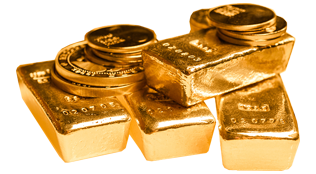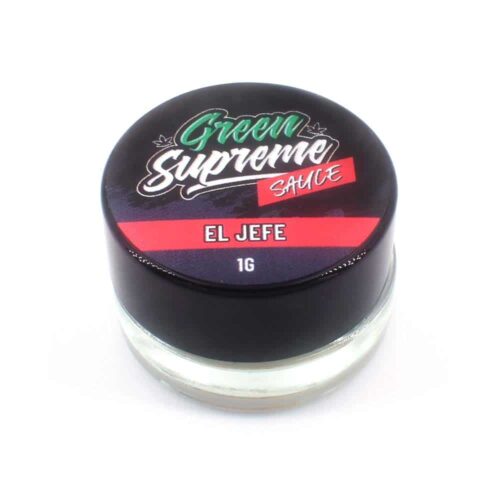Selling gold bullion—whether legal tender coins or gold bars—might seem simple, but there are important factors that can significantly impact your payout. Understanding what affects the spot price of bullion and knowing what to expect from dealers can help you avoid costly surprises. Here are eight key insights about the market, dealer practices, and timing to help you get the most from your sale.
- You Won’t Always Get Full Spot Price
Many sellers expect to receive the full spot price for their bullion, but dealers typically offer slightly below this to cover their costs and secure a profit margin. This gap from the spot price is standard in the industry, so be prepared for offers below what you might see on gold-tracking sites. Knowing this in advance can help you avoid feeling short changed.
travelquestz | tripsoutbounds | tripflyerhub | travelfarepro | travelvizion | jetjourneynet
- Documentation Can Help, But Testing Will Still Be Required
If you have documentation to verify the authenticity and purity of your gold bars or legal tender coins, it can help streamline the sale process. However, don’t assume that a dealer will accept this paperwork at face value. Buyers will still require testing to confirm the details, as even authentic documents aren’t always enough to waive verification. Testing remains a standard requirement, so be prepared for this extra step.
- Spot Price, Not Collectability, Sets Bullion Prices
Unlike numismatic or collectible coins, where rarity influences pricing, bullion prices are tied directly to the spot price of gold. The spot price is determined by international trading markets and fluctuates with supply and demand. Being aware of this is more useful than focusing on individual dealer valuations, which ultimately reflect the gold’s spot price.
- Legal Tender Coins Still Track Spot Price Closely
Some legal tender coins may carry slight premiums due to their official status or limited mintages, but generally, their price aligns closely with the spot price of gold. Dealers may sometimes buy these coins at standard bullion rates, even if there’s a minor premium. For instance, the American Gold Eagle or the Canadian Gold Maple Leaf coins are often sold slightly above spot due to their popularity and government backing. However, some dealers may still offer to buy them as standard bullion without acknowledging this premium. Before selling, it’s worth checking recent spot prices and understanding any added demand-driven premium your coins might hold.
- Timing Your Sale Around Spot Price Fluctuations
Spot price can shift with global events, economic data, and political factors, which can all affect your payout. Selling during a high point in the spot market can significantly improve your returns. Watching trends in the gold market, especially during economic uncertainty, can help you decide the best time to sell.
- Liquidity Takes Time, Even with High-Spot Price Assets
While bullion is generally a liquid asset, the sale process may still take time—particularly for larger quantities. Dealers might need time for testing, documentation checks, and payment processing, which can lead to delays. If you’re looking to sell bullion quickly, keep in mind that it won’t be an instant process. If time is an issue for you might want to try pawning or getting a gold loan. You can negotiate this with the dealer, some buyers are very accommodating.
- Choose Dealers Who Are Transparent About Spot Pricing
Not all bullion dealers are upfront about how they assess the spot price. Some may lowball offers or add hidden fees. To ensure a fair sale, seek out dealers with a strong reputation who’ll be clear about pricing and fees.
- Spot Price Volatility Can Impact Your Final Payout
The spot price of gold can be volatile, so staying informed about market trends is essential if you’re planning to sell. Gold often rises in times of economic uncertainty, so being aware of these conditions can help you maximise returns. Setting alerts to track spot price changes can help you sell bullion at an optimal time.
Conclusion: Keep Spot Price and Preparation Top of Mind
Selling legal tender bullion or gold bars isn’t always as straightforward as it seems. By focusing on the current spot price, tracking trends, and working with reputable dealers, you can avoid common pitfalls. Take your time, do your research, and ensure you’re getting the best possible return for your investment. Being prepared, even with documentation, will help you approach the sale with confidence.




